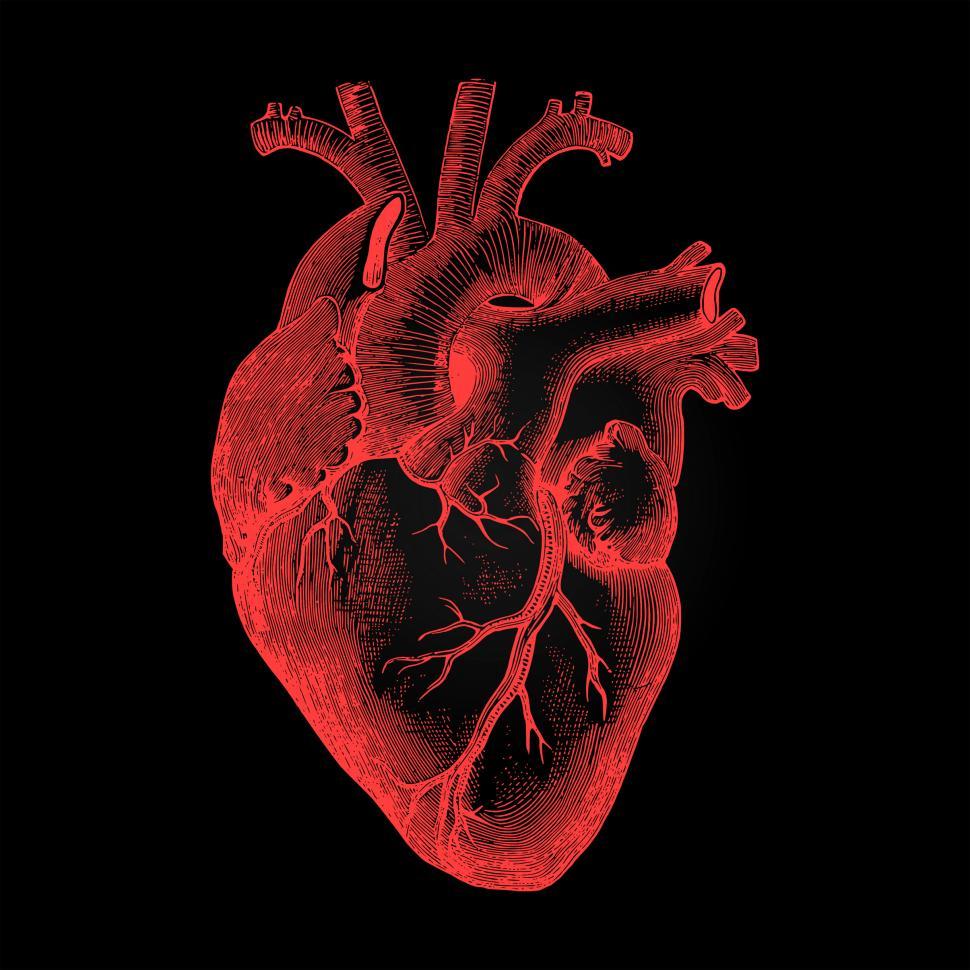CZY SZCZEPIENIA POWODUJĄ POWIKŁANIA KARDIOLOGICZNE? KÜBLER – Heidelberg, Niemcy
„(…) Najpoważniejsze powikłanie sercowo-naczyniowe to zapalenie mięśnia sercowego i osierdzia. Obserwowano je nie tylko po podaniu szczepionek przeciwko ospie i/lub polio, ale również przeciwko błonicy i tężcowi, a także kokluszowi, cholerze i czasem durowi brzusznemu.
Z reguły towarzyszą im objawy ogólne i gorączka ponad 38°C. W przypadku zajęcia osierdzia, chory skarży się na synchroniczny z pracą serca ból w okolicy przedsercowej. Obecnie z pomocą badań elektrokardiograficznych, echokardiograficznych i swoistych dla mięśnia sercowego markerów serologicznych, takich jak troponina T, można postawić pewne rozpoznanie.
Powikłania kardiologiczne po szczepieniach nie są tak rzadkie, jak mogłoby się wydawać. Spośród 234 fińskich poborowych szczepionych przeciwko śwince, polio, tężcowi, ospie, błonicy i dwoinkom zapalenia opon mózgowych typu A, u 8 (3%) w ciągu 6 tygodni obserwowano objawy zapalenia mięśnia sercowego.1 Z reguły powikłania poszczepienne występują częściej u kobiet, natomiast zapalenie mięśnia sercowego częściej występuje u mężczyzn. 2Nie należy automatycznie zakładać, że poszczepienne zapalenie mięśnia sercowego ma charakter łagodny: do 30% przypadków ma przebieg niekorzystny.3 Śmiertelne powikłania nie są spowodowane wyłącznie szczepieniami polio i ospy, obserwowano je również po szczepieniach przeciwko durowi plamistemu i cholerze. 4
Podsumowując: zapalenie mięśnia sercowego może występować po różnych szczepionkach i nie należy automatycznie zakładać, że będzie miało łagodny przebieg.
Piśmiennictwo: 1. Helle EP, Koskenvuo K, Heikkilä J, Pikkarainen J, Weckström P. Ann Clin Res. 1978;10:280-287. 2. Feery BJ. Med J Aust. 1977;2:180-183. 3. Ebert H. Dtsch Gesundheitsw. 1967;22:2465-2468. 4. Mittermayer CH. Beitr Pathol. 1976;158:212-224.
?Vaccination causes myocarditis in 3% of healthy patients (Helle, Koskenvuo, Heikkilaet al.1978; Amsel, Hanukoglu, Friedet al.1986). Part of this can be explained by circulating antigen precipitating in the heart tissue however people often develop autoantibodies to myocardial tissue after damage to the heart (Rose, Herskowitz, Neumannet al.1988) and this response may be exacerbated by a vaccine draining into a lymph node where the autoimmune process is developing. In either case the myocarditis induced by vaccination can lead to chronic autoimmune destruction of the myocardial tissue. ?
?Rare association: possible myocarditis secondary to influenza vaccination.? (thefreelibrary.com)
Helv Paediatr Acta 1976 OCT;31(3):257-60 (cbi.nlm.nih.gov/pubmed)
Cardiac complications after vaccination for smallpox (apria.com)
Acute Myocarditis Associated with Tetanus Vaccination?Dilber, Embiya; Karagoz, Tevfik; Aytemir, Kudret; Ozer, Sema; Et al
Amsel SG, Hanukoglu A, Fried D, Wolyvovics M. Myocarditis after triple immunization.?Arch Dis Child. 1986;61:403-405.
Boccara F, Benhaiem-Sigaux N, Cohen A. Acute myopericarditis after diphtheria, tetanus, and polio vaccination.?Chest. 2001;120:671-672.
Myocardial complication of immunisations. (ncbi.nlm.nih.gov/pubmed)?Ann Clin Res. 1978; 10:280-287. Volume 351:2611-2618?December 16, 2004 Number 25?Helle EP, Koskenvuo K, Heikkila J, Pikkarainen J, Weckstrom P.
Risk of Myocardial Infarction and Stroke after Acute Infection or Vaccination(ncbi.nlm.nih.gov/pubmed)?Liam Smeeth, Ph.D., Sara L. Thomas, Ph.D., Andrew J. Hall, Ph.D., Richard Hubbard, D.M., Paddy Farrington, Ph.D., and Patrick Vallance, M.D.
Acute haemorrhagic pericarditis following influenza vaccination(ncbi.nlm.nih.gov/pubmed)?INTRODUCTION: Pericarditis following influenza vaccination is a rare complication.
Recurrent pericarditis: a rare complication of influenza vaccination.(ncbi.nlm.nih.gov/pubmed)
Myocarditis, Pericarditis, and Dilated Cardiomyopathy after Smallpox Vaccination among Civilians in the United States (ncbi.nlm.nih.gov/pubmed)
Guillain?Barré syndrome coexisting with pericarditis or nephrotic syndrome after influenza vaccination (clineu-journal.com)
Symptomatic Pericarditis After Influenza Vaccination* (chestjournal.chestpubs.org)?Report of Two Cases -They reference all the known cases in the literature, and you can dig them up as well.
Abstract:
?The authors report two cases of benign acute pericarditis after the patients received vaccinations against influenza virus?
Final Paragraphs: ?Only a few cases of pericarditis after vaccination have been published in the literature. In 1981, Streifler et al5 described the first case of recurrent pericarditis after influenza vaccination. In 1997, Desson and colleagues6 described a similar case in a 40-year-old patient. At that time, the Centre National de Pharmacovigilance in France reported four cases of pericarditis after influenza vaccination. Other sporadic observations of pericarditis were also described after vaccination against hepatitis B, yellow fever, and smallpox.789 In 1977, Bloth and Lundman10 described a case of pleuroperimyocarditis caused by immunization with bacterial anticatarrh vaccine, with circulating immune complexes in the patient?s serum. Such bacterial vaccine etiology had not previously been described. In any case, the reason that the vaccination is the suspected cause relates to the chronology of the complication, as well of the resolution, and the fact that no other viral causes were encountered. In the previous reports, the vaccine antigens were not even found in the patient?s serum. The hypothetical mechanisms of immunologic systemic reactivity were not proven because of the rarity of the disease. All cases were described after a first injection of the influenza vaccine. A provocative test should probably help us to find the real mechanisms for this rare illness. For ethical reasons, such a test has not been performed.?In conclusion, such cases of patients with pericarditis after influenza vaccination are rare, but the true incidences of the illness are probably underestimated. However, this complication does not outweigh the beneficial effects of the influenza vaccination in patients at risk.??Recurrent pericarditis in children and adolescents(onlinejacc.org/)?Report of 15 cases ?Patient #8 had two relapses triggered by influenza vaccination.? also, Cites #2 above.
